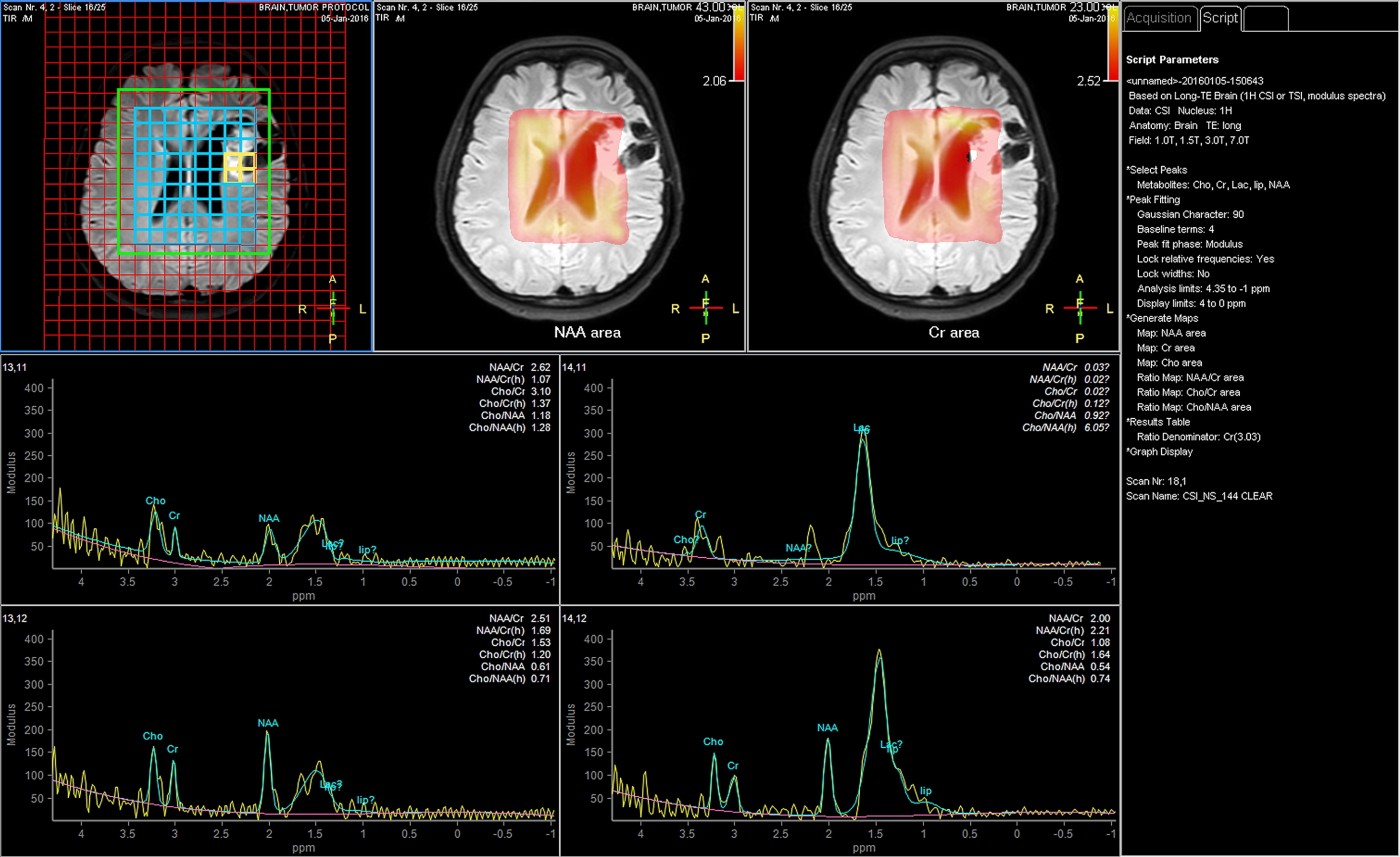In Alzheimer’s Patients, Deep Brain Stimulation Appears to Be Effective and Safe Treatment
Written by |

Results from the ADvance trial, a Phase 2 study investigating the safety of deep brain stimulation (DBS) for the treatment of Alzheimer’s disease (AD), lead researchers to believe the treatment is safe and well-tolerated in patients. DBS targets a specific brain structure involved in memory pathways.
The research paper, “Bilateral deep brain stimulation of the fornix for Alzheimer’s disease: surgical safety in the ADvance trial,” was published in the Journal of Neurosurgery.
Deep brain stimulation is a neurosurgical procedure where the DBS device is implanted in a specific area of the brain, and the neurostimulator delivers small electrical impulses that interfere and regulate abnormal symptoms.
Currently, this procedure is approved in the U.S. only for the treatment of Parkinson’s disease and its debilitating symptoms, such as tremors, walking problems, and rigidity that cannot be properly controlled with medications. Researchers are now investigating the use of DBS for other neurological conditions, such as epilepsy, depression, and bipolar disorder.
The Barrow Center for Neuromodulation in Phoenix, Arizona, is leading the investigation of the DBS application for the treatment of Alzheimer’s. Earlier research has indicated that DBS has the potential to slow cognitive decline and even induce positive metabolic changes in the brain.
Researchers led by Barrow Center Director Francisco Ponce, M.D., report the results of a small study evaluating the safety, efficacy, and tolerability of DBS in the fornix, a brain structure involved in memory pathways, in patients with mild, probable Alzheimer’s. The ADvance clinical trial (NCT01608061), a multicenter, 12-month, randomized study, enrolled 42 patients who were treated with bilateral fornix DBS. All patients in the six hospitals involved underwent postoperative MRI. Intraoperative and perioperative data were also collected, as well as assessment of adverse events.
Results showed that accurate targeting of DBS to the fornix can be consistent across centers and surgeons, without direct injury to the brain area. No deaths or neurological deficits as a result of the study were reported. Serious adverse effects, such as infection and headaches, were experienced by five patients (11.9 percent), which is consistent with previous DBS trial rates.
“The first phase of this study was designed to evaluate the 90-day postoperative safety of this particular surgical method,” Ponce said in a press release. “While the study was relatively small, we believe the data suggest that DBS surgery targeting the fornix can be performed safely in this patient population. The hope is that our positive surgical experience will help pave the way for future research into DBS and Alzheimer’s.”
Future studies include the assessment of efficacy and long-term safety of DBS in Alzheimer’s patients.





